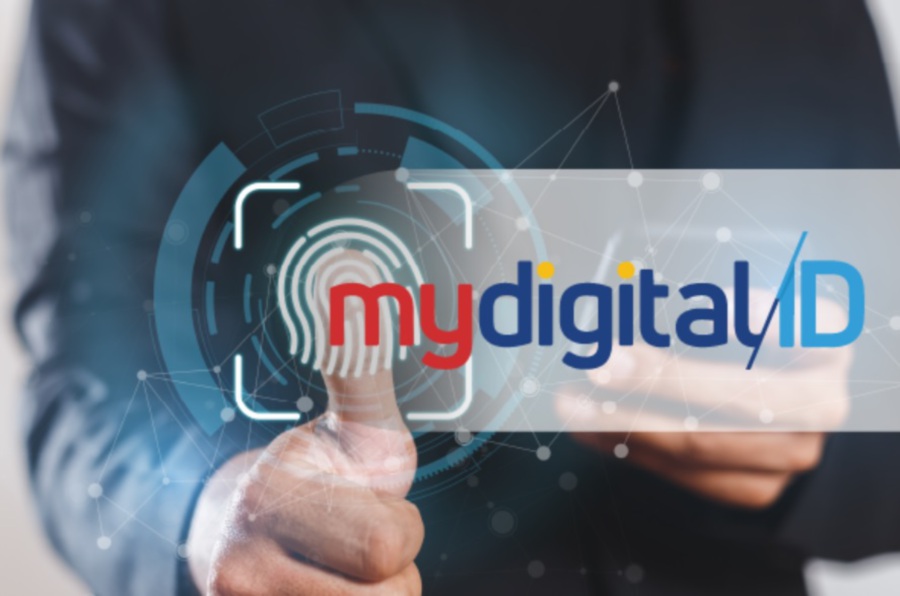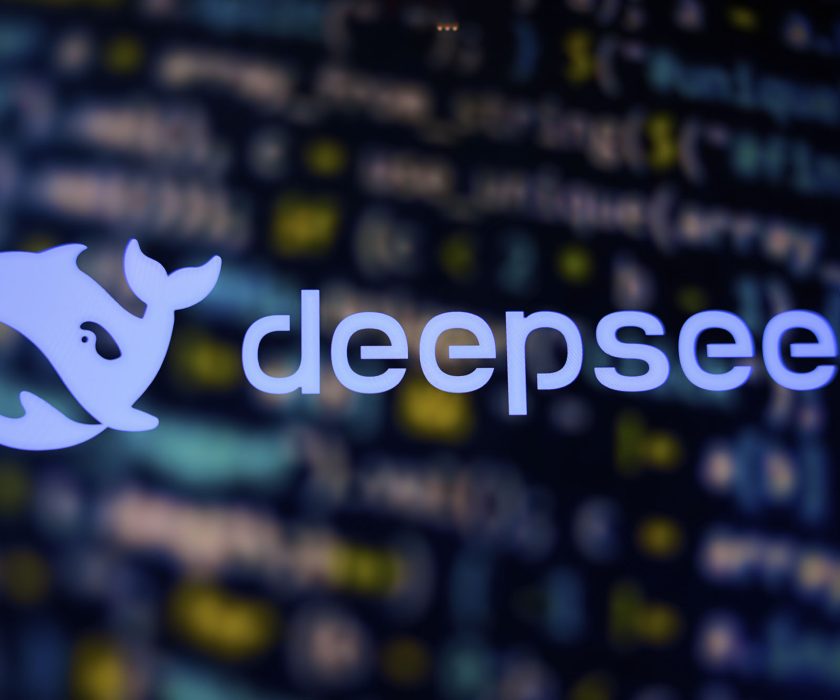Malaysia's Launch of MyDigital ID: A Threat to e-KYC Companies?

In a groundbreaking move towards digital transformation, Malaysia has launched the MyDigital ID, a sophisticated digital identity system that promises to streamline various online verification processes. While the introduction of such a system is a significant step forward for the nation, it raises questions about the future of Electronically Know Your Customer (e-KYC) companies, which have been pivotal in managing digital identity verification until now.
The Digital Identity Revolution
MyDigital ID aims to consolidate the identification process for citizens, offering a secure, unified digital identity that can be used across multiple governmental and private services. This initiative is part of Malaysia’s broader strategy to enhance its digital economy, improving the efficiency and security of digital transactions.
Traditional e-KYC processes involve multiple steps where users have to provide various forms of identification and sometimes even undergo physical verification. MyDigital ID, on the other hand, simplifies this by providing a single, verifiable digital ID that can authenticate a person’s identity across different platforms, reducing the need for redundant identity checks.
Comparisons with Global Digital ID Systems
Globally, several countries have adopted digital ID systems with varying approaches and levels of success. For instance, Estonia’s e-Residency program is often lauded as a leader in digital identity, allowing users to access public services and conduct business online. Similarly, India’s Aadhaar system is one of the largest biometric ID systems in the world, although it has faced criticism regarding privacy and data security.
Our neighbor Singapore has also implemented a robust national digital identity system called SingPass, which is used for a wide range of government and private services, similar to Malaysia’s MyDigital ID. Comparatively, these systems demonstrate the potential of digital IDs to facilitate seamless access to services while also highlighting the critical importance of addressing privacy and security concerns.
Expert Opinions on the Impact of MyDigital ID
Experts in digital identity and cybersecurity have mixed views on the impact of MyDigital ID. Dr. Sea from SecureMetric, a digital identiy expert, notes, “The introduction of MyDigital ID is a forward-thinking move that places Malaysia at the forefront of digital innovation in Southeast Asia. However, the success of such a system hinges on robust cybersecurity measures and public trust.”
Meanwhile, John Lim, a business analyst at KPMG Malaysia, expresses concern over the potential obsolescence of traditional e-KYC firms: “While MyDigital ID streamlines verification processes, it challenges the existing business models of e-KYC companies. These firms must innovate and align with new digital strategies to remain relevant.”
Implications for e-KYC Companies
The rollout of MyDigital ID poses a significant challenge for e-KYC companies whose primary business model revolves around identity verification services. With a government-issued digital ID, the demand for third-party verification might see a drastic decline. This could potentially render many e-KYC services obsolete, prompting these companies to rethink their business strategies.
For e-KYC firms, this shift could mean moving towards offering supplementary services, such as cybersecurity solutions or focusing on other markets where digital IDs have yet to be implemented. Additionally, collaborating with the government to integrate MyDigital ID into existing systems could open new pathways for these companies.
Opportunities and Challenges
While some might view the MyDigital ID as a threat to e-KYC providers, it also opens up opportunities for innovation. Companies in the e-KYC sector could explore integrating biometric technologies and enhancing AI capabilities to provide value-added services that complement the MyDigital ID.
Moreover, the implementation of MyDigital ID could face challenges such as ensuring robust cybersecurity measures, achieving widespread public acceptance, and maintaining privacy rights. These areas provide ample opportunities for e-KYC companies to offer expertise and services that support the secure deployment and management of the digital ID system.

Conclusion
The introduction of MyDigital ID is a significant milestone in Malaysia’s digital evolution and presents both challenges and opportunities for e-KYC companies. While the traditional role of these companies in identity verification might diminish, there is potential for them to adapt and thrive in the evolving digital landscape. As Malaysia moves forward with its digital transformation agenda, the collaboration between the government and private sector, including e-KYC firms, will be crucial in ensuring the success and security of MyDigital ID.

